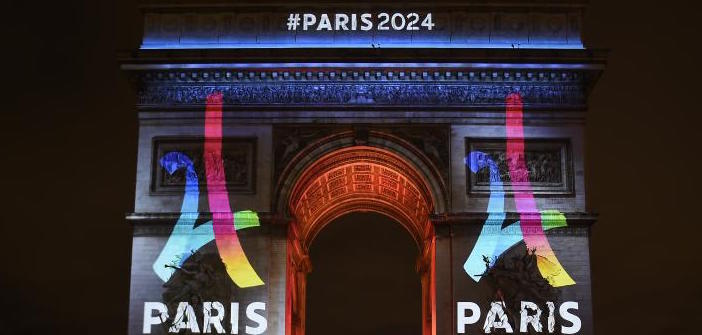In a statement, the WWF – a partner of the French bid – expresses enthusiasm for the commitment of the Olympic Games Bid Committee to align with the Paris Climate Agreement.
With a geographically concentrated organization and compensation initiatives, Paris 2024 aims for carbon neutrality.
How to organize a sporting event that moves and gathers crowds from around the world without having a negative environmental impact? This is the puzzle that the bid committee for organizing the 2024 Olympic Games in Paris addressed in the latest part of its dossier.
The Olympic and Paralympic Games are no exception to the rule, even though, in terms of environmental performance, their history is ambivalent, marked by both notable failures (Montreal, Moscow, or Athens) and somewhat more positive outcomes (Los Angeles, Barcelona, or London),” writes the NGO WWF in a statement dedicated to this issue.
The association has signed a strategic partnership with the French bid committee to ensure that the environmental impact will be minimized as much as possible.
“The idea of the organizers and the WWF is to align the Games with the Paris Agreement. In addition to an efficient transportation system and Games organized in a reduced geographical area, sustainability levers are planned for a goal of reducing the carbon footprint by 55% compared to the London Games, the cleanest in history.
An ambitious carbon offset strategy will also ensure the carbon neutrality of the Games. Thanks to a clean transport policy, the ecological footprint related to spectator travel will only account for 40% of the overall footprint.
As for the Olympic and Paralympic Village, it will consist of eco-friendly buildings. Exemplary, it will be powered by 100% renewable energy and will aim for a zero waste objective,” the text concludes.


